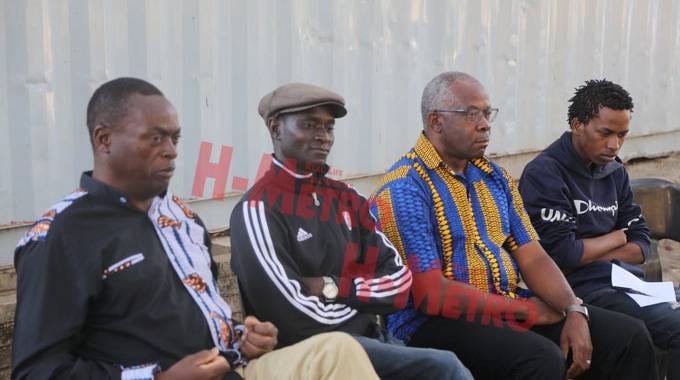Dissident Spotlight: Kudakwashe Bwititi
Kudakwashe Bwititi wrote the script for a movie about a clash between religious fundamentalists. He and three co-workers were arrested for it.

In July 2019, a team of writers and filmmakers screened a movie called The Lord of Kush, a movie about Christian missionaries whose attempted conversion of Muslim children led to violent backlash from Islamic fundamentalists.
Kudakwashe Bwititi was a scriptwriter who worked on the movie, so he was among the four people arrested by Zimbabwe police for “unlawful public exhibition of a film.” The police lacked the paperwork to prevent the film from being screened, so it was screened on a Saturday, and Bwititi had to report to the police station for interrogation and arrest on Sunday.
Why did Zimbabwe law enforcement feel the need to censor this film in the first place?
The U.S. State Department reported that “Information Ministry permanent secretary Nick Mangwana told media the film, which is set in Pakistan and deals with religious fundamentalism, had ‘security implications for a foreign power.’”
It’s unclear which concern motivated the Information Ministry to target a few filmmakers. It could’ve been concern about retaliation from religious fundamentalists or domestic religious concerns, but neither of them justifies cracking down on people making a movie.
Discussion is Dangerous for Autocrats
Bwititi’s role in writing The Lord of Kush helped tell a story meant to start a dialogue about how good intentions can go wrong or how violence isn’t the answer to religious differences. However, giving ordinary people the agency to discuss those issues themselves removes control that an autocratic leader would rather have over public dialogue.
The great joy of conversation is how widely the topics can range. Discussions of injustices can turn to the dictator himself and the way he may be using divisions like religious differences to keep his people fighting with each other instead of against him.
Creatives like Bwititi are foundational in keeping those unpredictable conversations alive.

